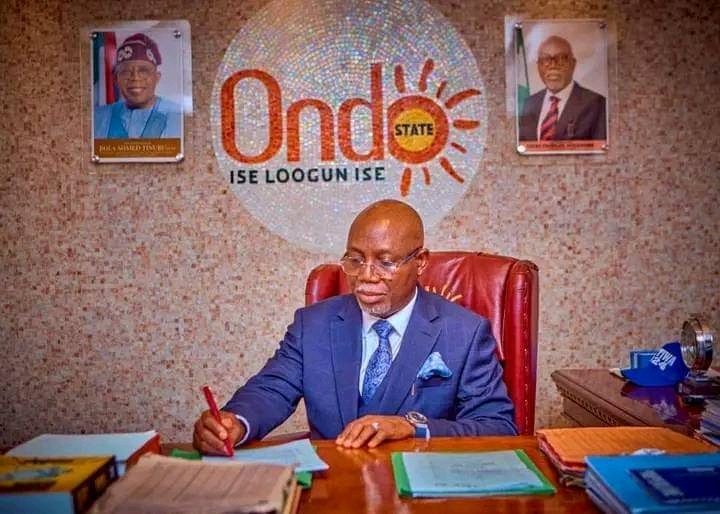The Nigerian Red Cross Society (NRCS) launched the Africa Zero Hunger, United for Durable Solutions initiative on Monday, warning that food insecurity across Africa has reached critical levels, affecting more than 700 million people.
It also explained that the Zero Hunger Initiative is designed to address the recurrent nature of food crises by combining early action with long-term development strategies.
Speaking at the launch in Abuja, the Secretary-General of the NRCS, Abubakar Kende, said the initiative, driven by the International Federation of Red Cross and Red Crescent Societies (IFRC) and 49 African National Societies, signals a bold and practical commitment to ending hunger through community-led, sustainable solutions.
He said, “We are here for a commitment. A commitment to a Nigeria where no child goes to bed hungry, and where hunger is not a life sentence handed down by circumstance.
“Of the total number of undernourished people globally, more than one-third live in Africa – 282 million people. Sub-Saharan Africa (SSA) accounts for almost one-third of the global total, or 724 million people facing moderate or severe food insecurity.”
He emphasised that the IFRC and its network, which includes thousands of volunteers embedded in communities, is well-positioned to lead such an effort.
Kende said: “This ambitious program is designed to address the cyclic nature of shocks and crises, necessitating a comprehensive approach from early action to long-term development.
“The initiative emphasises the rehabilitation of water points, recovery of key livelihood assets, and promotion of climate-smart and nutrition-sensitive agricultural practices. It also focuses on enhancing access to affordable financial services, market participation, and value chain integration.
“Protection and restoration of ecosystems are integral to this strategy, along with the construction of climate-smart water points and strengthening of community self-help groups such as Mothers Clubs.
“By integrating anticipatory and shock-responsive social protection mechanisms, the Initiative aims to prepare communities for climate and socioeconomic shocks, ensuring that livelihoods are sustainably strengthened and adapted to climate change.
“The Nigerian Red Cross Society, in collaboration with the IFRC and our partners across government, humanitarian agencies, and the private sector, is proud to launch the Zero Hunger Initiative-a bold step towards durable, community-led solutions for a hunger-free Nigeria.
“For us, this is not theory. Every day, our volunteers -over 800,000 strong -see the face of hunger in communities across this country. And every day, they also see the power of hope: mothers learning to nourish their families, children getting a second chance through proper nutrition, and communities rebuilding their resilience one meal, one skill, one harvest at a time.”
He urged Nigerians to reject the belief that hunger is an unavoidable part of life, saying, “Hunger is not inevitable. Hunger is not destiny. Hunger is a challenge, and challenges are frozen when nations unite.”






